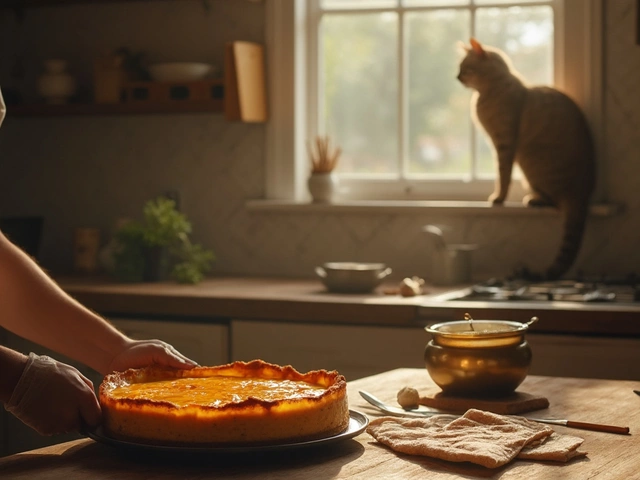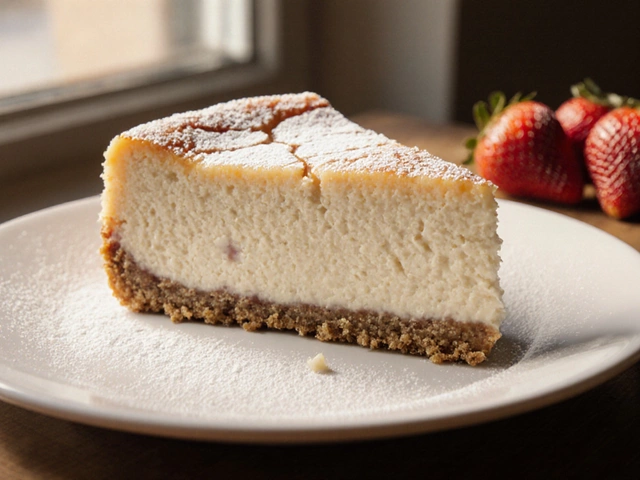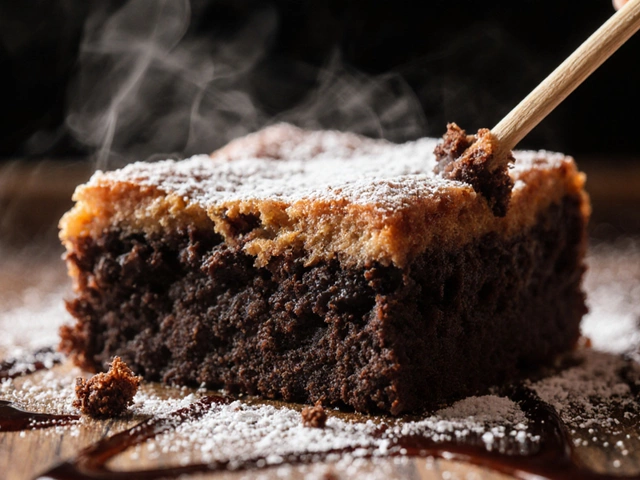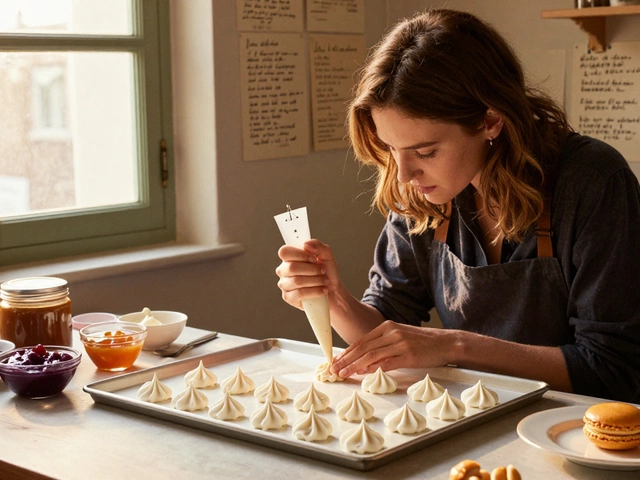When Not to Eat Cheesecake – Timing, Health & Safety Tips
Cheesecake is delicious, but there are moments when a slice can do more harm than good. Knowing those moments helps you enjoy the treat without the downside. Below are the top situations when you should put the fork down.
Health reasons to skip cheesecake
1. After a heavy, high‑fat meal. Your stomach is already working hard. Adding a rich, creamy slice can lead to indigestion, bloating, or a painful gut feeling. A lighter snack is smarter.
2. When you have a dairy intolerance or lactose sensitivity. Cheesecake relies on cream cheese, sour cream or milk. If you know you react to dairy, even a small piece can trigger cramps, gas, or a runny nose. Opt for a dairy‑free dessert instead.
3. If you’re on a low‑sugar or diabetic plan. Most cheesecakes contain a lot of sugar and sweet toppings. Eating one can spike blood sugar fast, making it hard to stay in range. Choose a low‑sugar version or save the slice for a day when you can balance carbs.
4. When you’re taking certain medications. Some drugs, like antibiotics or blood thinners, interact poorly with high‑fat foods. Mixing them can reduce absorption or affect how the medication works. Check the label or ask your pharmacist.
5. During pregnancy if you’re unsure about raw eggs. Some no‑bake cheesecakes use uncooked eggs. Consuming them can raise the risk of salmonella. Stick with baked or egg‑free recipes if you’re expecting.
Practical situations to avoid cheesecake
1. After a long workout. Your body needs protein and carbs to recover, not a sugar‑laden dessert. A piece of fruit or a protein shake will refuel better.
2. When the cheesecake has been left out too long. If it’s been at room temperature for over two hours, harmful bacteria can grow. Even a quick visual check can’t guarantee safety, so discard it.
3. If you notice mold, off‑color, or a sour smell. These are signs the dairy has gone bad. Eating it can cause food poisoning, which feels awful.
4. When you’re trying to lose weight. Cheesecake is calorie dense. One slice can add 300‑500 calories, easily blowing a daily budget. Save it for a special occasion instead.
5. At a workplace meeting where you need to stay alert. The richness can make you sleepy. A light snack or coffee keeps you focused.
In most cases, a small piece of cheesecake won’t hurt, but timing matters. By watching your health, storage conditions, and daily goals, you can enjoy the dessert when it truly fits.
Keep these guidelines in mind, and you’ll know exactly when to say yes and when to say no to that creamy slice.
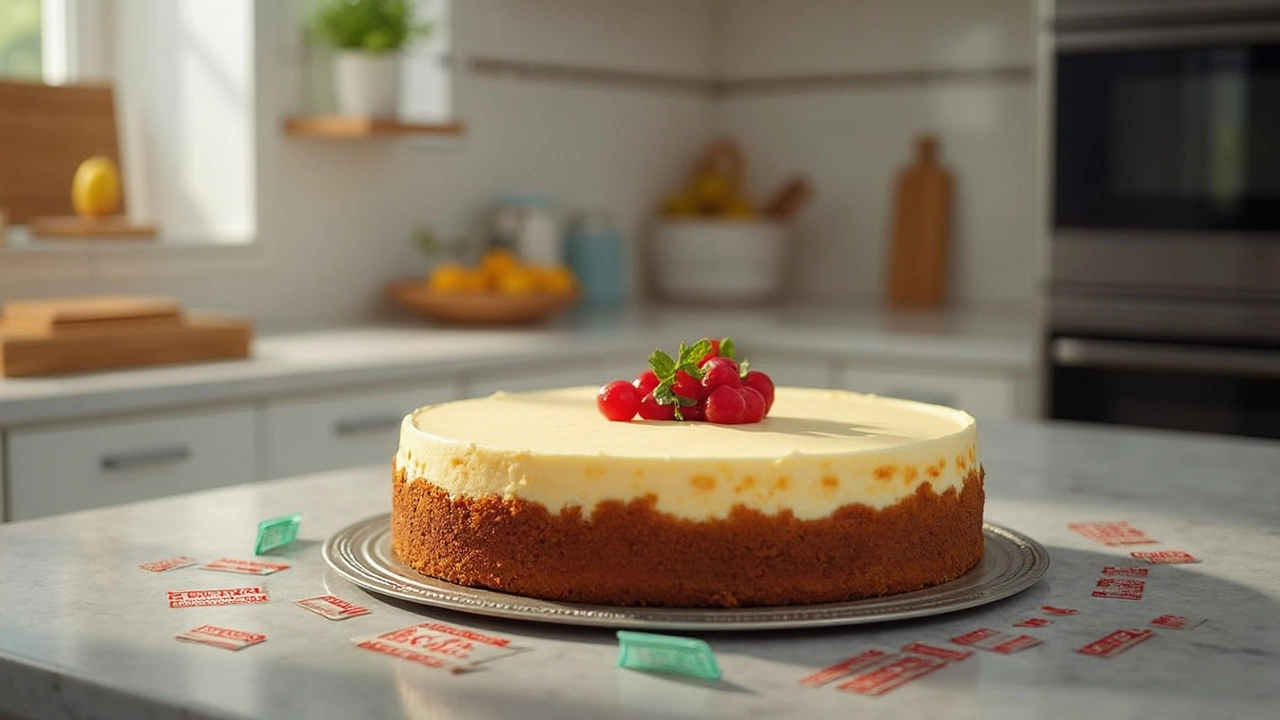
When Should You Avoid Eating Cheesecake? Essential Health Tips and Facts
Discover surprising reasons to skip cheesecake. Learn about food safety, health risks, allergies, and smart storage. Stay safe and enjoy dessert smarter!
View More
